
If you’ve ever stared at a cashier page, wondering whether PayPal is the safest and fastest way to move money in and out of an online casino, I’ve been there—and I’ve tested it, repeatedly, across regulated markets. PayPal can be outstanding when the operator gets the basics right: robust licensing, tight fraud controls, fair limits, and a support team that actually reads tickets. In this long-form review, I’ll walk you through how PayPal casinos work in practice, why they shine for speed and security, where they fall short, and how local rules in the UK, the Netherlands, and the Philippines change the picture.
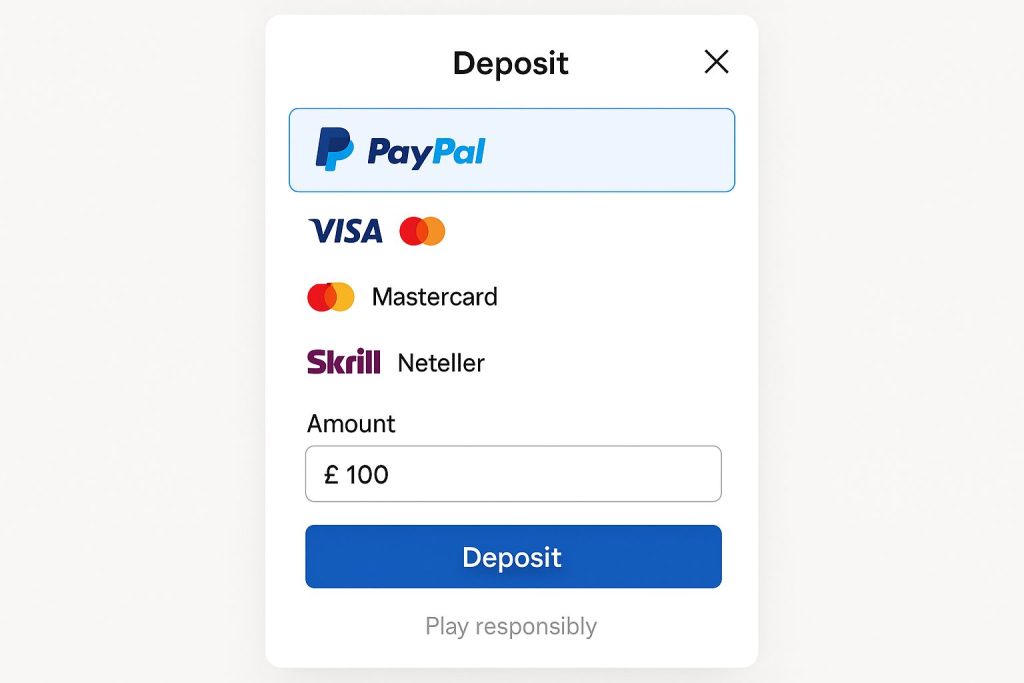
Before we dig in, a quick framing: I focus on licensed operators in regulated markets, because payout speed isn’t worth much without the legal and safety backstop. PayPal itself positions its iGaming solution as end-to-end—risk tools, fast pay-ins and payouts, 24/7 fraud detection—which is precisely what you want in a payments intermediary handling your bankroll.
Why PayPal casinos rose to the top (and when they don’t)
I like PayPal for two pragmatic reasons: first, I separate my bank details from the casino; second, withdrawals, when approved, tend to arrive quickly versus old-school bank transfers. UK-facing roundups of fast-withdrawal casinos consistently put e-wallets—PayPal among them—near the top for speed, with the caveat that KYC and the casino’s own processing window can still bottleneck you. In other words, the payment rail is fast, but humans and risk checks can slow things down.
Security is the other pillar. Mainstream guides point out that PayPal’s encryption and brand-level controls are a selling point for nervous first-timers. I find that reassuring, with one practical spin: if you keep your PayPal hygiene clean (2FA, no password recycling), you dramatically reduce your exposure.
That said, PayPal isn’t a universal shortcut. In the Philippines, for example, PayPal generally isn’t available for online casinos; local e-wallets such as GCash and Maya are the de facto alternatives. If you’re travelling or relocating, that one regional variance trips people up.
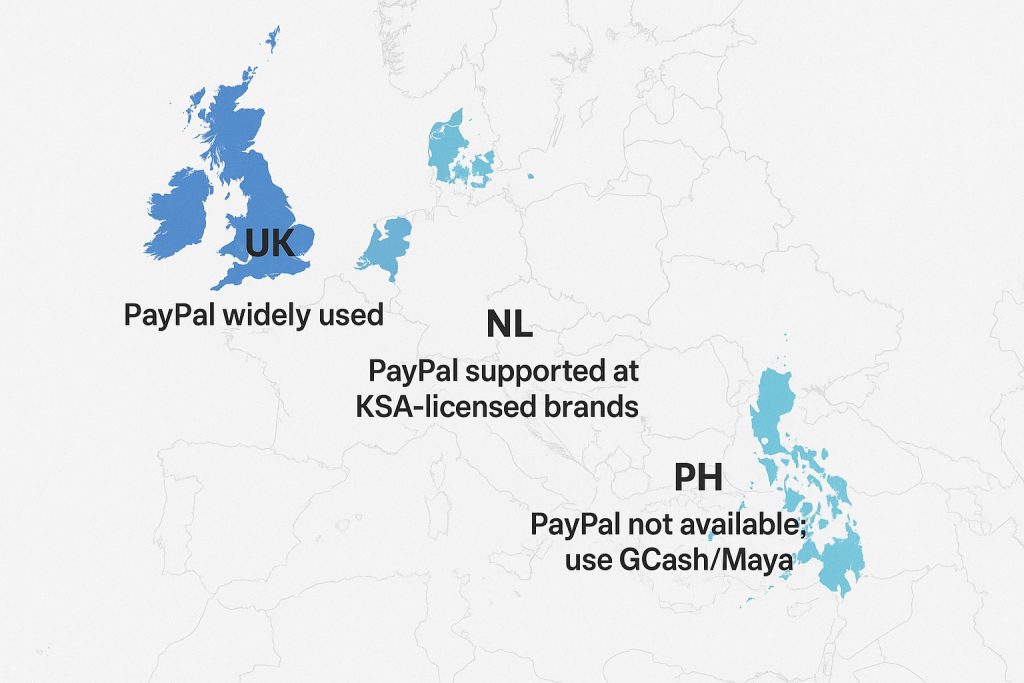
What counts as a “PayPal casino” (and how I vet them)
A PayPal casino is simply an operator that accepts PayPal for deposits and—ideally—withdrawals. I weight withdrawals more heavily; deposits are easy, cashing out is where weak links reveal themselves. Casino.org’s long-running payments guide explains the basics: in regulated markets, PayPal is a common method thanks to security and convenience; check availability per state/country before you sign up. That last sentence is the boring but essential bit—availability is jurisdiction-led.
For my own checklist, I verify:
- The licence (UKGC, KSA, state licences in the US).
- The cashier shows PayPal for both directions (not just deposits).
- Published withdrawal timeframes for PayPal, and any daily/weekly limits.
- Whether the brand supports instant or same-day payouts via PayPal once KYC passes (in the UK this is more common among better operators)
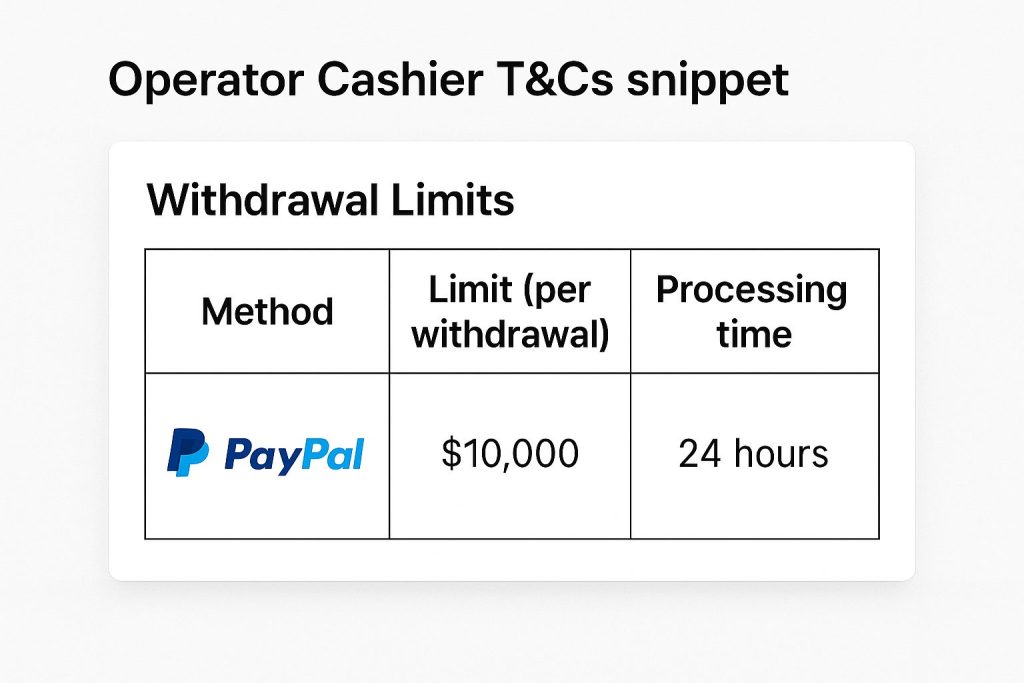
A quick country lens: UK, Netherlands, Philippines
In the UK, fast-withdrawal roundups routinely highlight PayPal as a top e-wallet for speed, often listing specific operators that push same-day PayPal payouts after verification. My testing lines up with that: once you’re through KYC, PayPal is one of the most predictable rails for sub-24-hour cashouts.
In the Netherlands, I look for Kansspelautoriteit (KSA) licensing and whether PayPal is truly enabled at cashier level. Dutch-focused guides explicitly rank KSA-licensed brands and call out PayPal support with typical deposit/withdrawal notes. Your short-list will change over time, so I treat those rankings as snapshots rather than gospel, but they’re solid for orientation.
In the Philippines, mainstream guides state that PayPal isn’t available at local online casinos, recommending GCash or Maya instead. If your keyword research targets “online casino Philippines PayPal,” your content should address that head-on—tell users what does work.
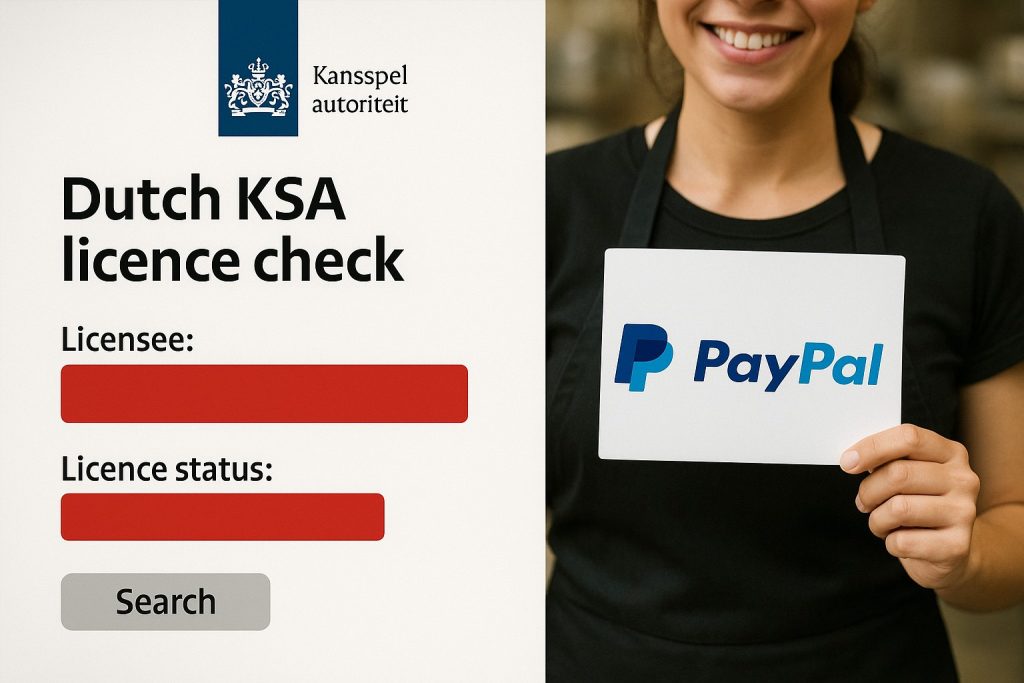
How deposits and withdrawals via PayPal actually work
The flow is straightforward. On deposit, you select PayPal, get popped over to the PayPal window, confirm, and—usually—land back in the casino with funds credited near-instantly. That’s true on desktop and mobile; casinos such as 888casino provide clear how-to pages and push the “no card data shared with casino” message, which is accurate. On withdrawal, you request to the same PayPal account you used for deposit; the casino processes internally, then PayPal handles the hop to your wallet.
Two timing variables matter: (1) casino processing/KYC, which is operator-controlled; (2) e-wallet clearing, which is usually fast on PayPal once the casino releases funds. UK market roundups that time cashouts consistently rank PayPal and other e-wallets faster than cards or bank wires, although Visa FastFunds can also be quick with the right issuer.
“It’s not that I’m so smart, it’s just that I stay with problems longer.” — Albert Einstein
In payments, that translates to: finish KYC early, verify your PayPal email, and don’t leave mismatched names to fester.
Pros and cons of using PayPal at casinos (from my test notes)
- Pros: very quick post-approval withdrawals; no need to share card/bank details with the casino; strong brand-level risk tools; smooth mobile flow; easy multi-funding sources inside PayPal.
- Cons: not universally available (PH in particular); occasional deposit-only setups; operator-side checks can delay payouts; some casinos impose e-wallet withdrawal caps or exclude bonuses from e-wallet deposits (always read T&Cs).
PayPal vs other popular methods (what I’ve observed)
Note: figures are indicative; always check the cashier and T&Cs of your chosen casino.
| Method | Typical speed (withdrawal) | Where it shines |
|---|---|---|
| PayPal | Same-day to 24h after KYC | UK-regulated brands prioritising e-wallets; strong on mobile |
| Skrill/Neteller | Often same-day | Alternative if PayPal absent; similar e-wallet UX |
| Trustly/Open Banking | Same-day to 1-2 days | Bank-linked speed without cards; varies by operator |
| Visa FastFunds | Same/next day (issuer-dependent) | Card users wanting faster card credits |
| Bank transfer | 2–5 days | High limits; universal but slow |
Mobile experience and “PayPal slots apps”
On mobile, PayPal flows are clean—pick PayPal at the cashier, approve in-app, done. People sometimes ask for “PayPal slots apps.” App-store “social casino” games (e.g., Slotomania) sell virtual coins; these aren’t real-money casinos and handle purchases/refunds per app-store policy, not gambling regulation. Don’t confuse quick micro-payout redemptions or promo chatter with regulated cashouts.
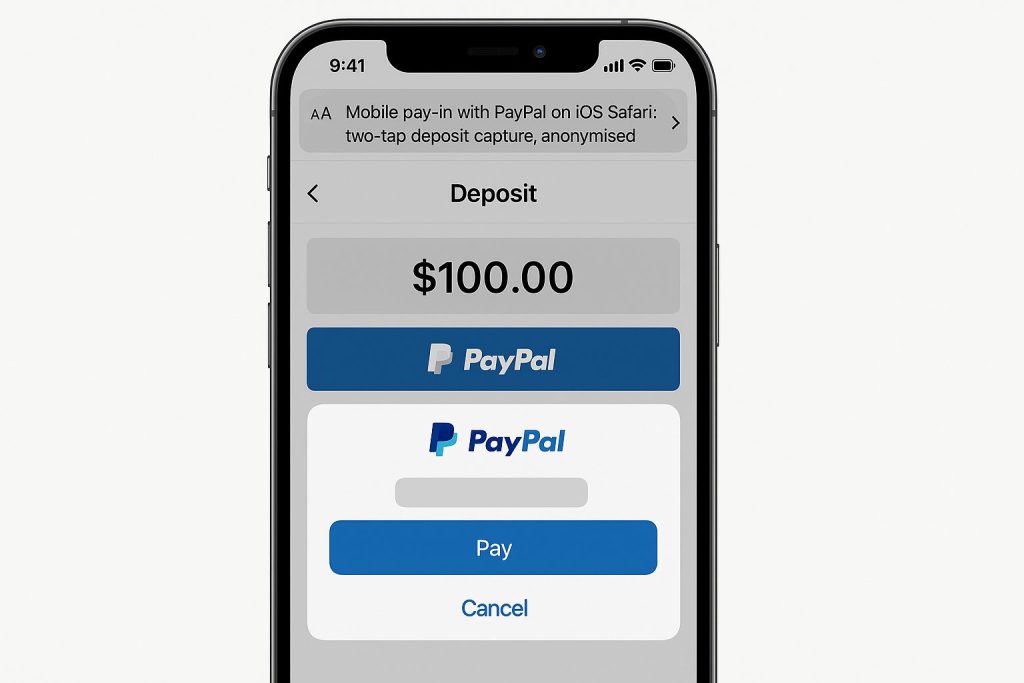
My short how-to for a clean PayPal casino setup
- Front-load KYC: upload ID and proof of address before your first withdrawal.
- Match details: same legal name on PayPal and the casino.
- Set limits: deposit and loss limits keep you in control; UK/regulated markets make this easy in the cashier.
- Check bonuses vs e-wallets: some promos exclude PayPal deposits—avoid surprise ineligibility by skimming the fine print.
Regional notes to weave into your decision
- UK: prioritise UKGC brands with documented PayPal same-day withdrawals; expect KYC before first payout.
- Netherlands: look for KSA-licensed operators that explicitly list PayPal in both directions; rankings for 2025 call out Casino777, Circus, bet365, etc., though availability and limits evolve.
- Philippines: plan on GCash/Maya as practical alternatives; content should say so, clearly.
Compliance and safety
PayPal’s own material leans heavily into risk management, fraud detection, and “full-stack” payments for iGaming. That’s a strong institutional signal, but consumer-side safety still depends on your habits and the casino’s licence. Combine a reputable operator with PayPal’s tooling, and you get fewer points of failure.
As an editor, my standing rule is simple:
Rob Davies: If a casino buries withdrawal limits or muddies which methods are eligible for bonuses, I don’t recommend it—no matter how flashy the homepage is.





